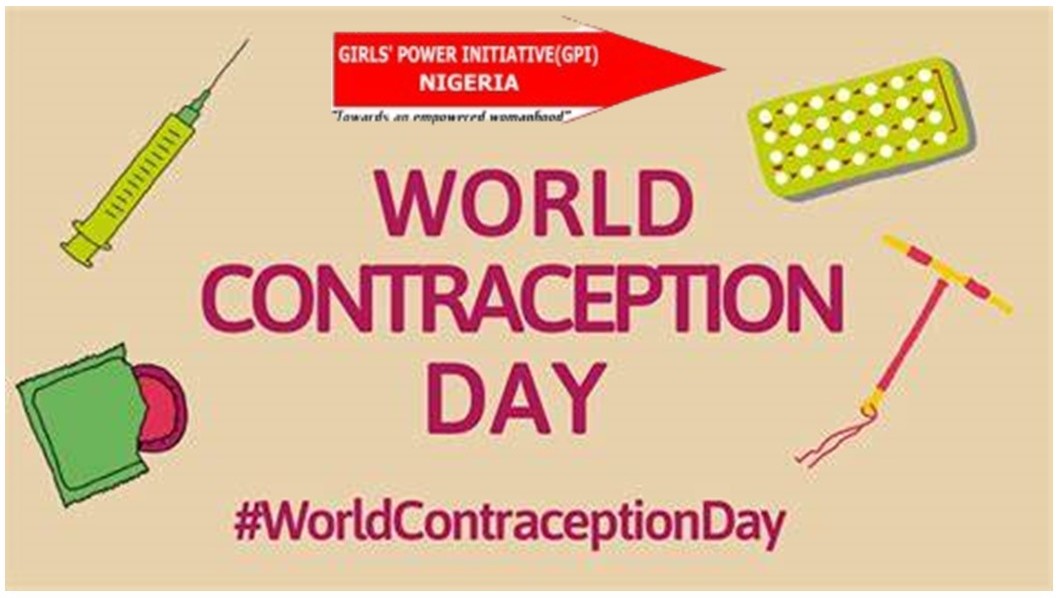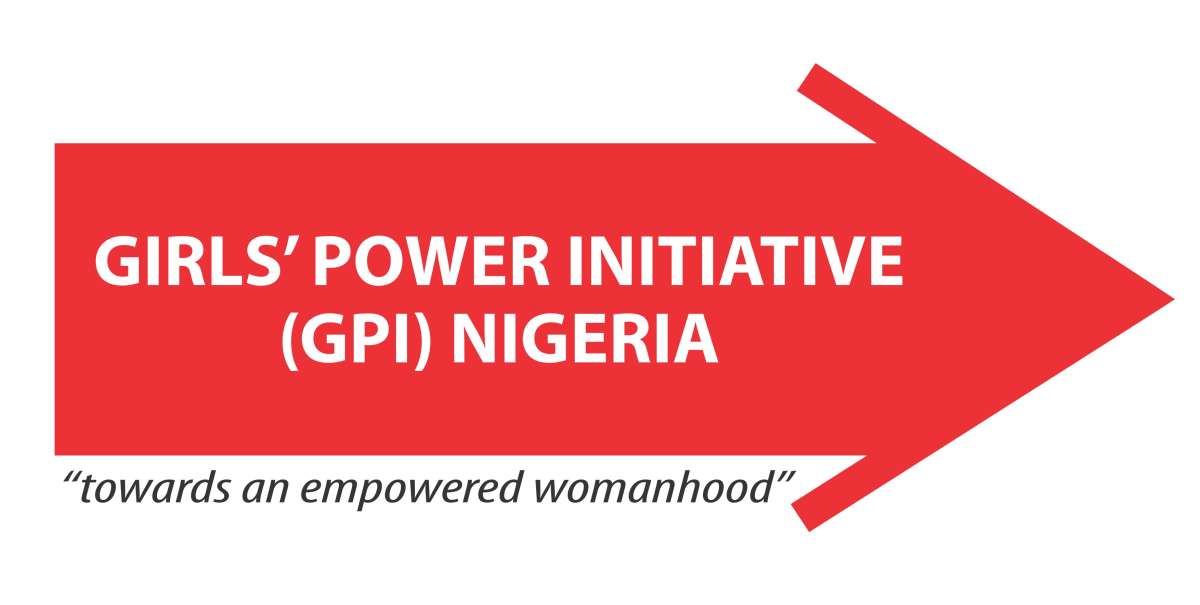
World Contraception Day
Girls’ Power Initiative (GPI) Nigeria, Calabar Centre celebrates World Contraception Day.
World Contraception Day is an annual global campaign to improve awareness about contraception observed on 26th September every year. This campaign aims to raise awareness about birth control methods available to a woman and her partner to enable them to make an informed decision regarding their reproductive health. This global campaign pushes for better education related to safe and protected sex to avoid unplanned or unwanted pregnancy.
History of World Contraception Day (WCD)
World Contraception Day was first observed on 26th September in 2007 by ten international family planning organizations to raise awareness about contraception and to enable couples to make an informed decision regarding starting a family, so that every pregnancy is wanted. The WCD promotes family planning and contraceptive methods that are safe and preferred. World Contraception Day is supported by a coalition of 15 international NGOs, governmental organizations, and scientific and medical societies with an interest of spreading the right knowledge about sexual and reproductive health.
Importance of Contraception
Using protection while getting under the sheets with your partner can certainly prevent an untimely and unwanted pregnancy. But there’s a range of benefits of using contraception, which the World Contraception Day global campaign aims to make people aware of. Here’s why contraception is necessary:
- Using contraception helps in family planning. Being informed about (and having access to) various birth control methods can help a woman (and couples) decide when they want to have children and how many. A couple can choose when they want to begin having children, how far apart they want their children to be, and when they should stop. Maintaining an ideal gap between two or more pregnancies can help them prepare financially for their children’s educational needs and other needs.
- Young girls and women who are not ready for pregnancy, both mentally and physically, may benefit from using contraception. Women can prevent pregnancy with the help of contraception until their bodies are prepared for the same. Contraception can also help older women protect pregnancy, especially if they are bound to experience pregnancy-related risks or complications, thus reducing the need for abortion.
- Birth control can also control population growth. While the decision to have a baby or more is an individual’s choice, having more children can increase the population. And overpopulation can put pressure on the environment, economy, and health and education services. Using contraception during sexual intercourse can help prevent unwanted pregnancies and help a couple plan the number of children they want to have so that they can raise them well, both financially and emotionally.
How You Can Contribute on World Contraception Day
Sexual intercourse is a fundamental part of our existence, but talking about sex or reproductive health is still a taboo in several countries. World Contraception Day, the global campaign aims to change by educating couples and women about reproductive health and the various birth control methods available to them. On this day, here’s what you can do to contribute for World Contraception Day campaign.
- Visit Girls’ Power Initiative (GPI) Calabar library to read to be informed and educate others on contraception. If you have teenage kids, nieces, or nephews, educate them about sexual health and talk about the importance of contraception. But while you’re at it, make sure that your tone is gentle. You need to make them aware, not scare them!
- If you’re in your reproductive years and have an active sex life, equip yourself with the right information on birth control. Talk to a doctor about the various birth control methods, and choose one after considering the safety and side effects of each. When it comes to preventing pregnancy, voice your concerns and get all your questions answered by your gynecologist.
- Visit schools or take webinars to educate school kids about sexual health and adolescent kids about various methods of contraception.
- Talk to your family and friends about the safe methods of contraception and help them prevent untimely pregnancies.
